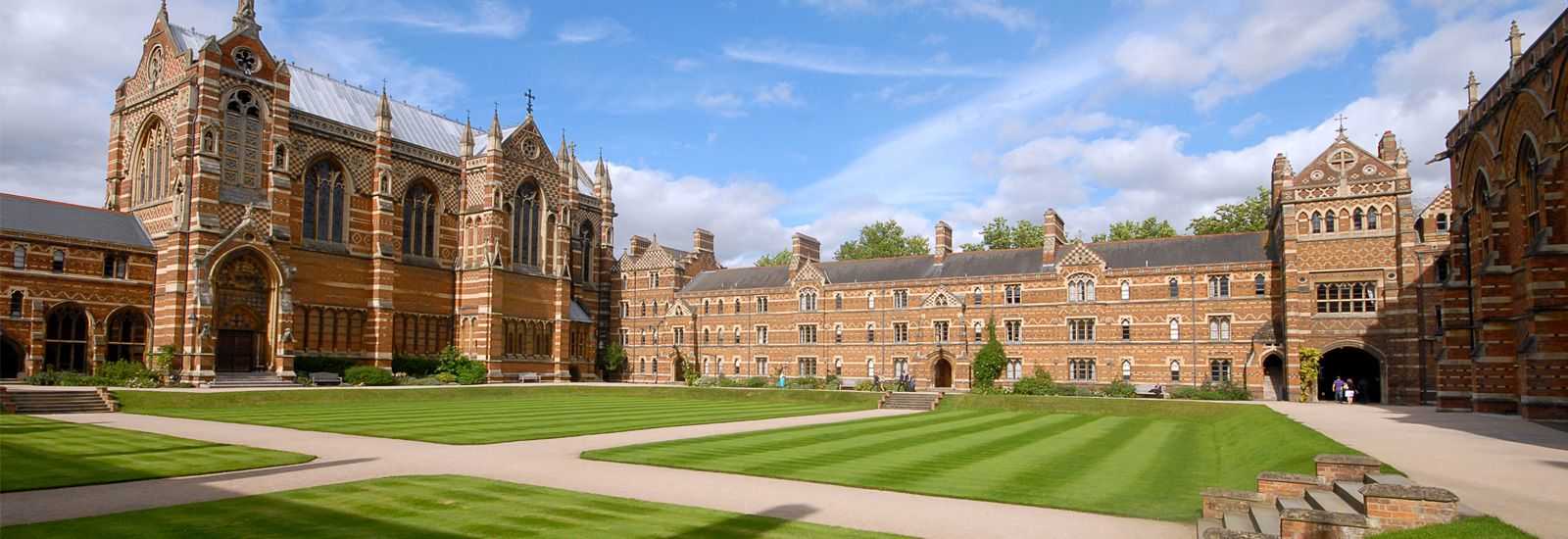I was recently writing a paper on interwar sociology and drawing a comparison between textbooks written in Britain (N=11) and in France (N=24) between 1920 and 1940. Beside the fact that comparing the state of the discipline, at a time when it was still in the process of being established and recognised as academically ‘legitimate’, is fascinating, what struck me was how it was introduced to their audience.
 While in France, sociologists were above all presenting sociology as the result of a continuous flow of ideas running from Auguste Comte in the 1830s – some textbooks even going as far back as Plato and Aristotle! – and culminating with Durkheim, in Britain it was introduced as the useful reflection of individuals on their own experience, with a view to bettering society (through social work) and themselves (many textbooks were actually written as courses for adults).
While in France, sociologists were above all presenting sociology as the result of a continuous flow of ideas running from Auguste Comte in the 1830s – some textbooks even going as far back as Plato and Aristotle! – and culminating with Durkheim, in Britain it was introduced as the useful reflection of individuals on their own experience, with a view to bettering society (through social work) and themselves (many textbooks were actually written as courses for adults).
In France, interwar textbooks were mainly teaching about sociology while in Britain they were teaching about society.
The result is that while in France, budding sociologists were arguing that their discipline ‘had always been there’, as it were, and thus was naturally emerging academically in their country, in Britain, sociologists had always been struggling to establish this because their discipline did not have a clear academic scope but rather a reflexive and public dimension. In France, interwar textbooks were mainly teaching about sociology while in Britain they were teaching about society.[1]
Interestingly (and rather unexpectedly), I realised that what was true in 1920 still largely holds true for both countries.
French academics are very good at writing the history of thought but usually disregard things.
In France, most histories of sociology still present the discipline as a series of currents and battles between schools of thought , following a tradition best embodied by Raymond Aron’s Main currents in sociological thought published in French in 1967. French academics are very good at writing the history of thought but usually disregard the things in which it is evinced (such as institutions and biographies), as mere transient appearances. Did you know for instance that no single comprehensive biography of Pierre Bourdieu has ever been written in France, in spite of his influence over the past 50 years?
, following a tradition best embodied by Raymond Aron’s Main currents in sociological thought published in French in 1967. French academics are very good at writing the history of thought but usually disregard the things in which it is evinced (such as institutions and biographies), as mere transient appearances. Did you know for instance that no single comprehensive biography of Pierre Bourdieu has ever been written in France, in spite of his influence over the past 50 years?
This will surely puzzle more than a British historian and sociologist indeed. Because in Britain, on the other hand, people are very good at writing the history of things, yet disregard ideas (being called ‘an intellectual’ is an insult in English!). Did you notice for example how Halsey’s brilliant history of the discipline indeed focuses on the institutional setting and the lives of individuals at the LSE – but hardly mentions the importance of sociological ideas in the history (and continuity) of the discipline?[2]
The truth about Oxford and Cambridge lies as much in their stones as in their books.
Historians in general (and those of sociology alike) have a mystique de l’archive of sorts and worship documents, material things passed from generation to generation. Yes, Oxford and Cambridge have largely been made of the same stones since the 11th century – but their truth lies as much in their stones as in their books. They also carry on their own intellectual tradition and ideas cumulate and follow each other there too, ensuring both institutions are not only conserved in their walls but also in their minds. Not every generation graduating from Oxbridge recreates all the layers of thought that have coloured the walls of the colleges!
So it is for sociology. Yet, this invisible continuity has been disregarded. What is invisible is just hidden, not unreal. In producing the continuity both of the institution and of the ideas, there lies the skill of the historian, especially of sociology.
Keep looking at the history of sociology in its buildings and its people and you will miss the invisible continuity of the discipline.
What could sound like erratic thinking has serious practical consequences. Because, as an ESRC councillor recently put it in the Discover Society magazine, ‘Because UK social science has no past it struggles to affirm any collective identity’.[3] Sociology in Britain sometimes suffers from being regarded as ‘unnecessary’ and its boundaries are still seriously being questioned (as in the recent REF exercise). Keep looking at the history of sociology in its buildings and its people and you will fall short of understanding the inherently invisible continuity of the discipline, thus depriving sociologists from a clear identity. As Martin Bulmer, the well-known historian of the discipline, once remarked: ‘Sociology in Britain has a long past and a short history’.[4] Both remain to be reconciled.
 The matter actually dawned on me as the result of my PhD, which was vivaed in December 2014 at the University of Bordeaux, and showed through a series of 11 interviews I conducted with senior historians of sociology at the BSA Conference in Leeds in June 2014.
The matter actually dawned on me as the result of my PhD, which was vivaed in December 2014 at the University of Bordeaux, and showed through a series of 11 interviews I conducted with senior historians of sociology at the BSA Conference in Leeds in June 2014.
(This piece originally appeared in the BSA Network magazine print edition in Autumn 2017.)
[1] I borrowed this distinction from Cherry Schrecker, ‘Textbooks and Sociology: A Franco-British Comparison’, Current Sociology, 56.2 (2008), 201–19.
[2] A. H. Halsey, A History of Sociology in Britain (Oxford: Oxford University Press, 2004).
[3] http://discoversociety.org/2016/05/03/uk-social-science-past-imperfect-future-tense/ (Consulted on 27 Aug 2016)
[4] Martin Bulmer, ‘The Development of Sociology and of Empirical Social Research in Britain’, in Essays on the History of British Sociological Research, by Martin Bulmer (Cambridge: Cambridge University Press, 1985), pp. 3–36 (p. 30).
